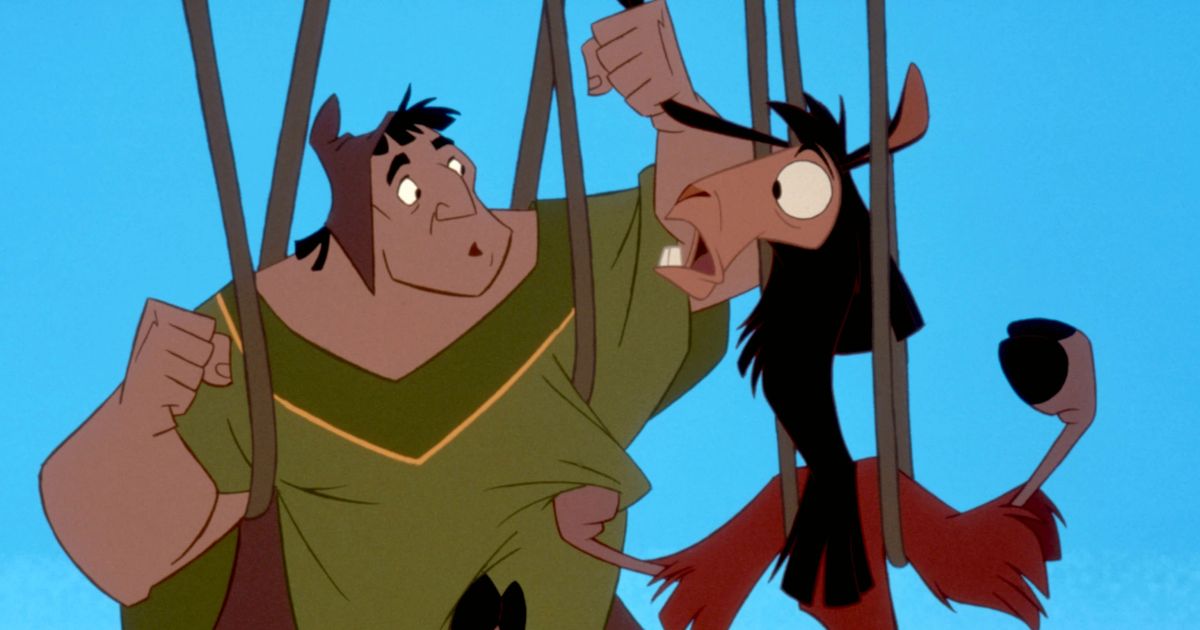The Making of The Emperor’s New Groove: An Animated Odyssey
The article narrates the intricate tale behind The Emperor’s New Groove, originally conceived as The Kingdom of the Sun. It explores the transition from an epic Incan myth-based story to a zany buddy comedy. Amid production snafus and creative differences, two versions of the film emerged, ultimately leading to a drastic shift in tone and narrative. The documentary "The Sweatbox" captures this turbulent process, offering a candid look at Disney's animation-making struggles. Despite setbacks and internal conflicts, The Emperor’s New Groove defied traditional Disney norms with its irreverent humor and quirky characters like Kronk. Through an oral history lens, the article unveils how this animated gem came to be against all odds.
Personalizar resumen
Reescribir con IA
Generar citas
Traducir fuente
A otro idioma
Generar mapa mental
del contenido fuente
Ver fuente
www.vulture.com
‘We’ll Never Make That Kind of Movie Again’
Ideas clave extraídas de
by Bilge Ebiri a las www.vulture.com 01-27-2021
https://www.vulture.com/article/an-oral-history-of-disney-the-emperors-new-groove.html
Consultas más profundas
